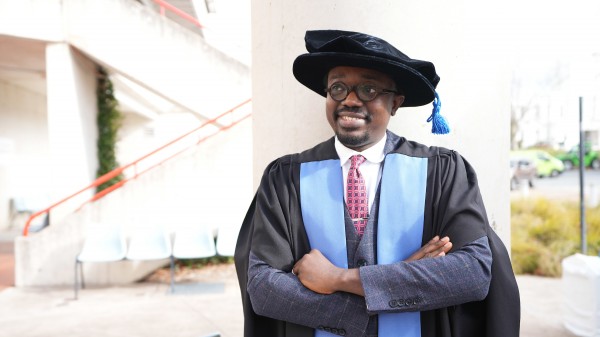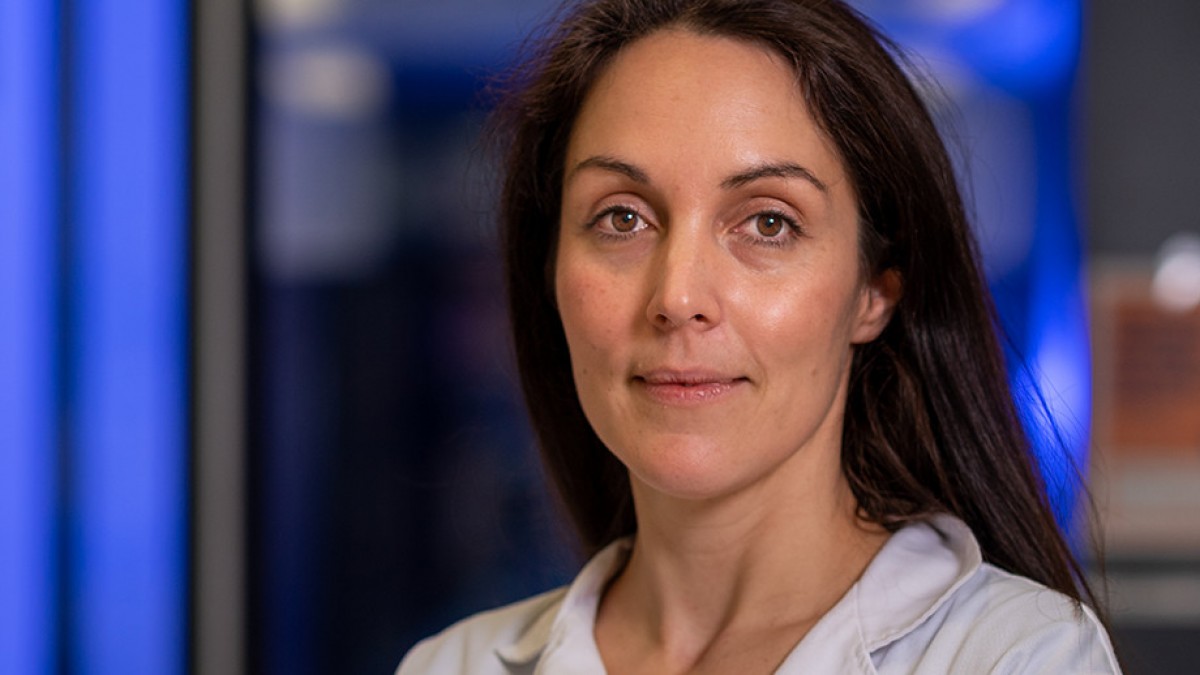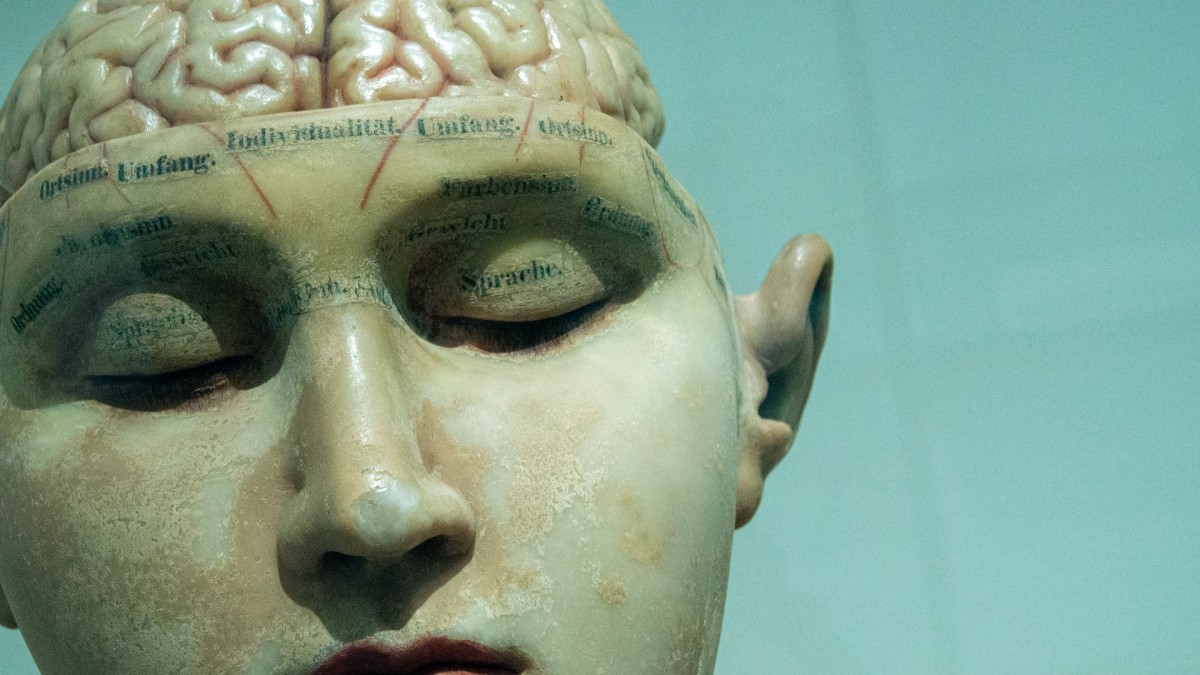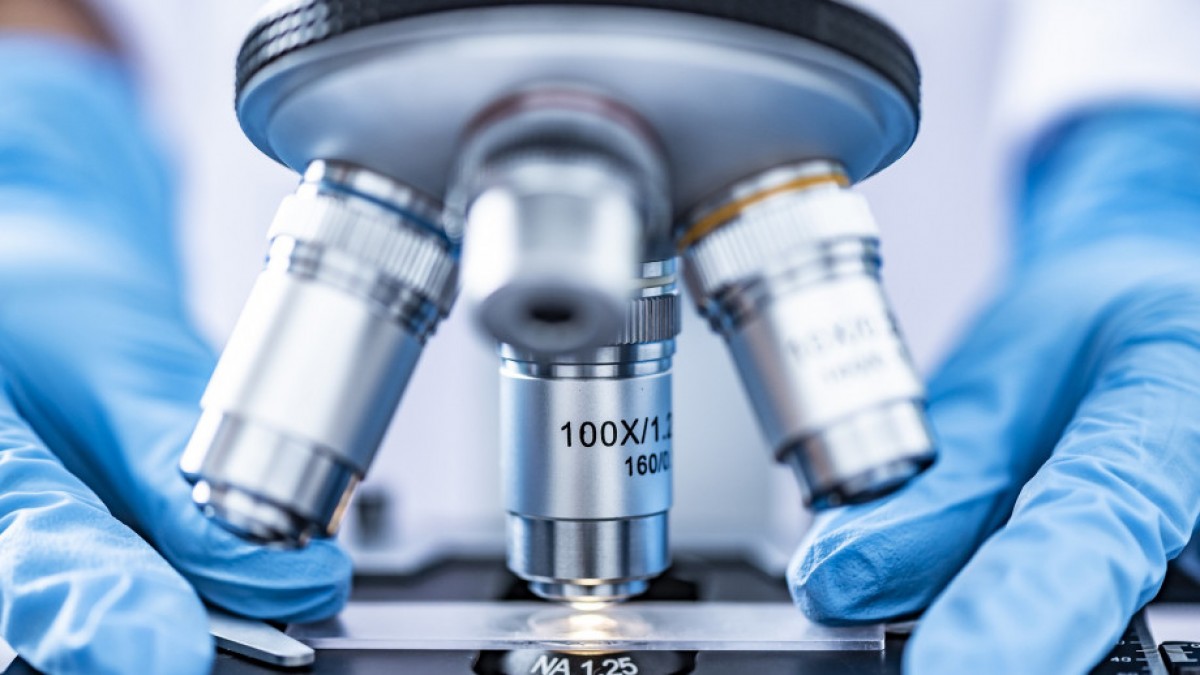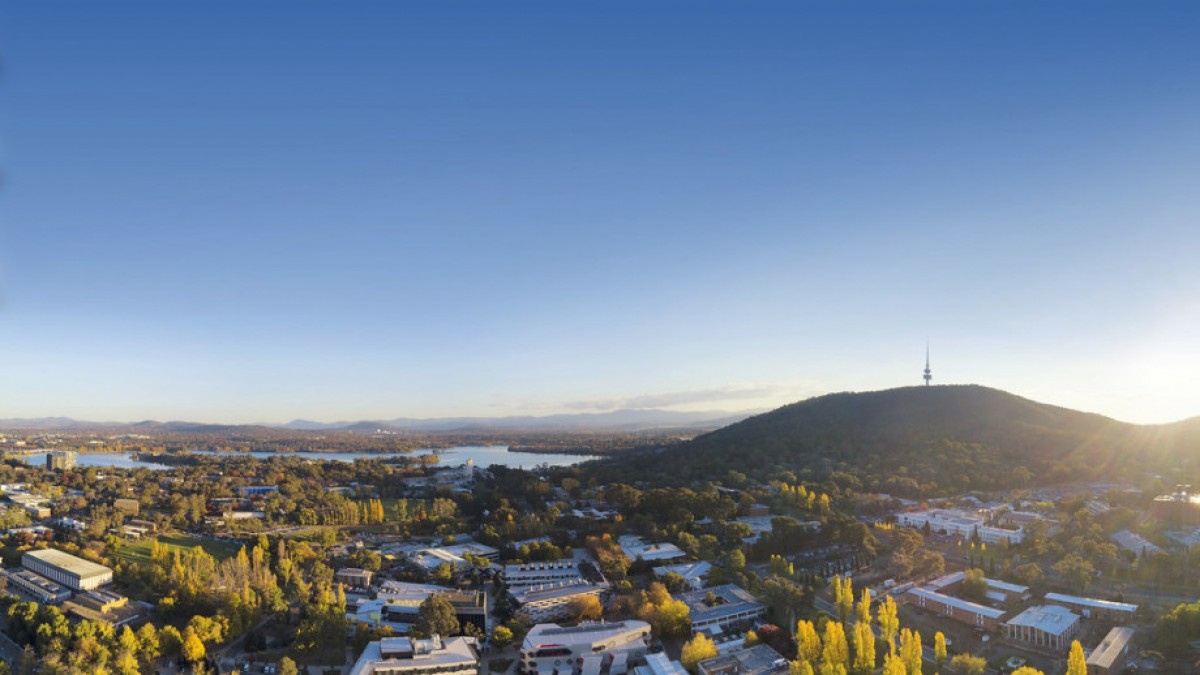The John Curtin School of Medical Research was established in 1948 as a founding school of the Australian National University. We are renowned for pioneering medical breakthroughs. With a legacy of three Nobel Laureates and a league of exceptional researchers, our focus is collaborative, innovative research tackling diseases that encompass cancer, infectious diseases and neurological conditions using our expertise in immunology, cancer, genomics, neuroscience, infectious diseases, and blood disorders.
We are dedicated to cross-disciplinary research that spearheads innovative solutions to address major Australian and global health issues. And with a legacy steeped in excellence, we relentlessly explore and decipher molecular processes underpinning cancer, infectious diseases, and neurodegenerative disorders. Our discoveries uncover new molecular insights and treatments. Beyond our research, we are committed to supporting and guiding the next wave of researchers, ensuring the continuity of groundbreaking discoveries and advancements in medical science for Australia and the world.
Field sites & facilities
Explore some of the numerous of research sites and facilities established by our research schools in Australia and across the world. Researchers and students at ANU enjoy access to state-of-the-art equipment to help facilitate ground-breaking research.
Research projects
Browse research topics of the College of Science and the College of Health & Medicine with links to relevant researchers.
See our list of potential student projects to apply for PhB, Honours, PhD and other graduate degrees.
Stories
News
$8 million to help immune system hunt down and beat cancer
Life-saving research into how the human immune system can beat cancer has been given an $8 million boost from Canberra's Terry Snow and the Snow family.
Research story
Understanding your brain in the time of COVID-19
ANU alumni Gaya Karthik and Emily Han share some insights from their podcast series about how our brain is affected by living through this global pandemic.
News
Awards fit for a queen go to ANU Health and Medicine experts
Three professors from the ANU Medical School, and a JCSMR graduate, have all been recognised in the 2020 Queen's Birthday Honours.
News
Gene research could lead to cancer breakthrough
New research by scientists at The Australian National University (ANU) will help us better understand rare forms of cancer.
News
COVID-19 update to students on changes to ANU campus
To relieve financial pressures and stress to students caused by COVID-19, Vice Chancellor Professor Brian Schmidt has announced additional support measures.
News
ANU campuses move to remote work and study
Vice-Chancellor Professor Brian Schmidt today announced The Australian National University (ANU) will move to remote work and study from tomorrow.
Analysis and opinion
Why our unis are essential to beating COVID-19
Society is relying on its universities and medical research institutes to develop vaccines, tests and public health measures to combat COVID-19.
News
ANU to pause coursework teaching for one week
ANU Vice-Chancellor Professor Brian Schmidt announced ANU will pause coursework teaching for one week from Monday 23 March.
News
Statement on precautionary measures for COVID-19 on ANU campuses
ANU will cancel public events and social gatherings to minimise the risk of the transmission of COVID-19 among our community and more widely.
Research story
The toolbox of a bacterial tradie: researchers find new food-poisoning toxin
ANU scientists have discovered new details about the tools used by bacteria to trigger dangerous food poisoning symptoms.






